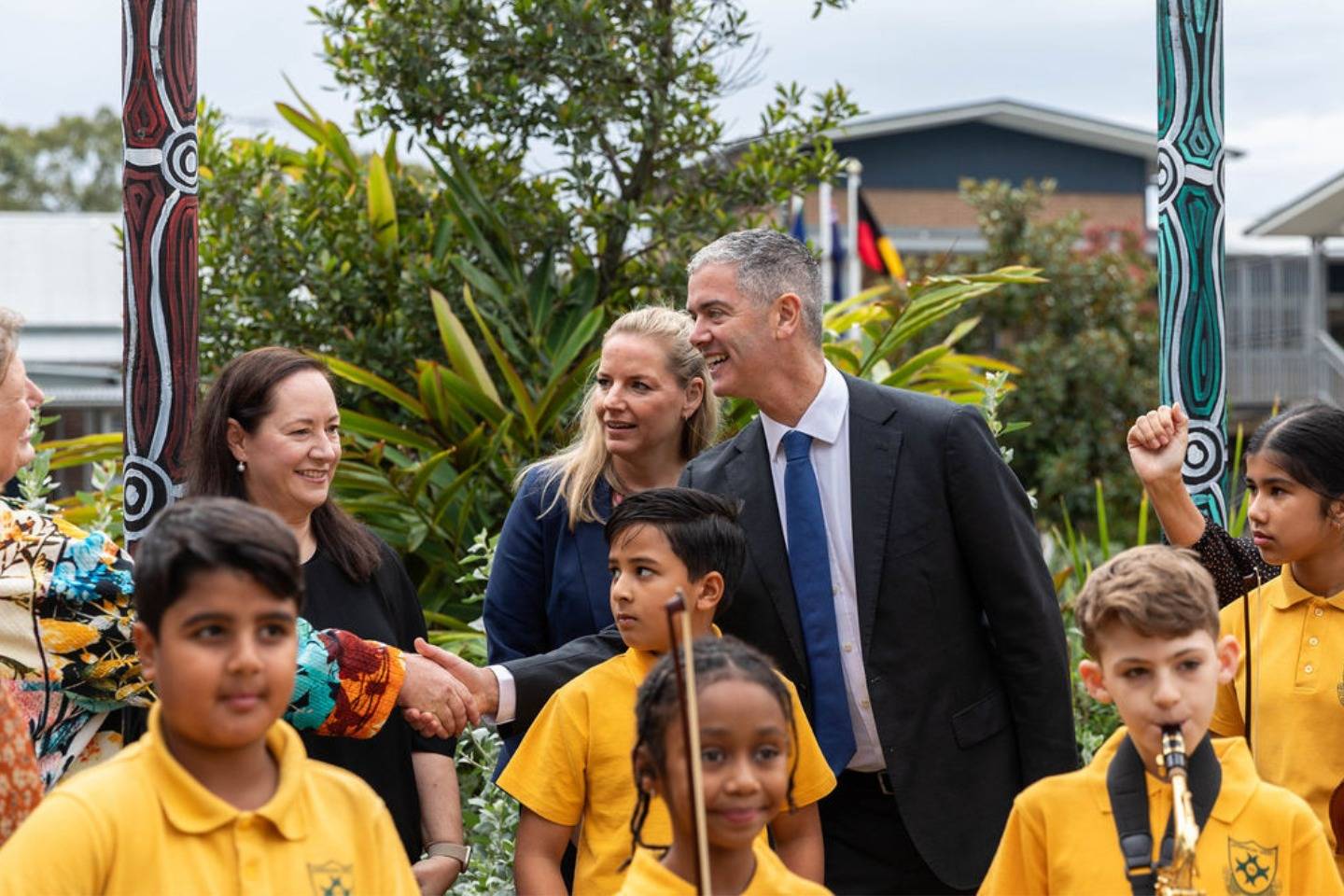
Teachers report low confidence and support for music education
Research 19 May 2025 5 minute readMost primary school teachers in New South Wales see benefits for students in learning music, but few feel adequately trained or confident in delivering it, a new report finds.
A survey looking at music education in New South Wales (NSW) primary schools has highlighted a widespread desire by teachers for more training in music education.
More than half (55%) of the surveyed teachers reported receiving less than 10 hours of music education instruction during their initial studies.
Music Education: Right from the Start, a national, collaborative initiative led by Alberts | The Tony Foundation, commissioned the Australian Council for Educational Research (ACER) to conduct the survey.
Funded by the NSW Government through Sound NSW, and Alberts | The Tony Foundation, and supported by the NSW Department of Education and the NSW Teachers Federation, the survey results have provided contemporary evidence to a NSW Parliamentary Joint Select Committee.
What the survey found
The survey took in 706 responses from teachers at 95 schools sampled to be representative of 1,603 NSW public primary schools.
An ACER report on the survey provides insight into how music education has been delivered, assessed and experienced by both teachers and students.
It shows music was offered to all year levels in 87% of respondents’ schools and that 77% of teachers valued music education as important or very important to students’ educational experience.
Teachers also agreed that music education benefits include decreased stress, enhanced social skills, student engagement and wellbeing, and personal and social learning, including in other subjects.
More than half of the teachers who responded to the survey reported that music education mostly or always leads to increased student participation, improved teacher/student relationships, increased self-esteem and increased self-expression
Despite these perceived benefits, 73% of teachers reported it was offered in their schools for just one hour, one day a week.
Half of the respondents noted that music education was only offered for one term a year.
While 44% of teachers integrated music into other curriculum areas, generally confidence in teaching music was low:
- 69% of teachers put it below 8 or more other subjects in a ranking of those they were confident to teach
- 73% preferred using pre-recorded music lessons over leading their own
- 75% said more expertise and training was required to encourage more music in their classrooms
- 29% reported no support for music education was available to them
Survey respondents had completed their initial teacher training (ITE) at 28 Australian universities and a few international universities.
For those who answered questions about their ITE, 82% felt that their instruction in music education had been inadequate.
The report was co-authored by ACER’s Dr Rebecca Taylor and Dr Daniel Edwards who concluded teachers need:
- better resources
- improved preparation in initial teacher education
- increased access to quality professional learning, and
- integration of music into the broader curriculum
The impact of earlier research in South Australia
The survey, conducted in term 3, 2024, is the second delivered by ACER on behalf of Music Education: Right from the Start.
A pilot survey was designed by ACER as part of Alberts | The Tony Foundation’s goal of developing a national overview of music education in schools and addressing a lack of data in this area.
It was conducted in South Australian public primary schools in 2023, with a report on findings showing most surveyed teachers agreed that music learning had a positive impact on student experiences. This included improving self-regulation and wellbeing, supporting reading and numeracy skills and reducing stress and anxiety.
At a launch of that research in May 2024, the South Australian Government announced it would expand music education in schools significantly.
Learn more:
Read the Music Education: Right from the Start – Primary Teacher's Survey – New South Wales
